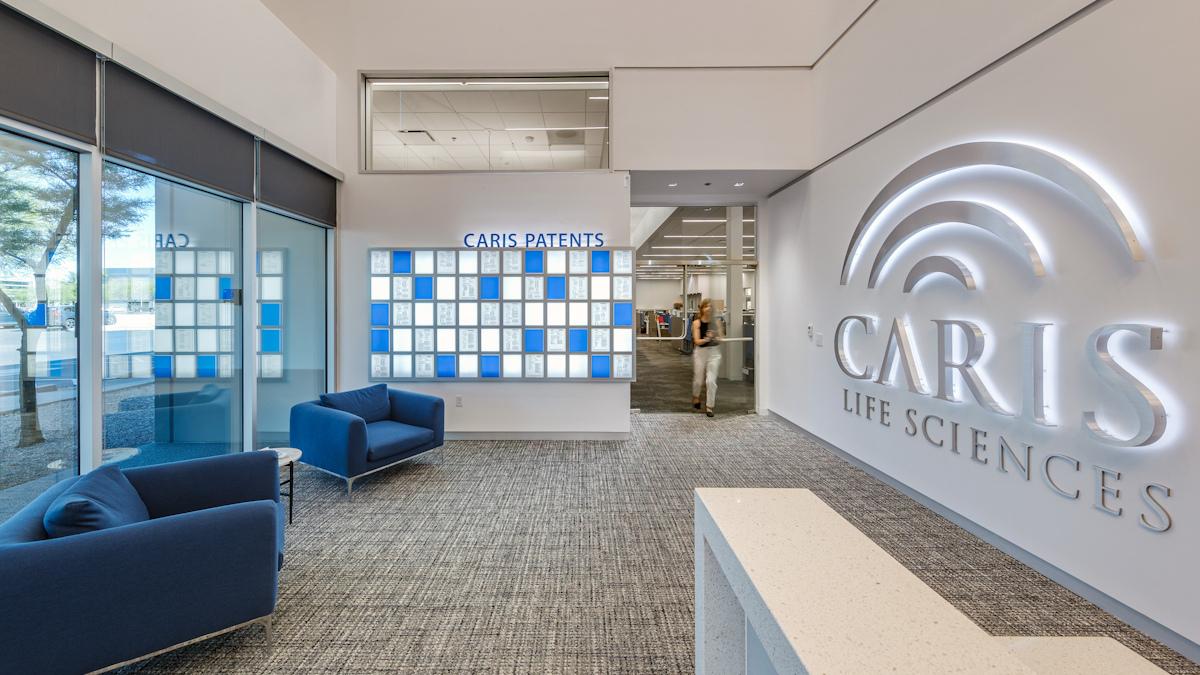Caris swells its planned IPO, seeking $5.7bn valuation

Caris Life Sciences, which specialises in the use of artificial intelligence to guide disease diagnosis, treatment selection, and patient monitoring, has raised the target price for its planned initial public offering (IPO), seeking to raise up to $471 million.
The Irving, Texas-based company first announced its intention to list on the Nasdaq last week under the CAI ticker with a target to raise just over $423 million for its platform, which applies AI and machine learning to the analysis of patient DNA, RNA, and protein profiles.
It is placing 23.5 million shares at an offer range of $19 to $20, up from its earlier proposal of $16 to $18, according to Renaissance Capital. The raised price means that its valuation could reach nearly $5.7 billion if the IPO completes at the top end of that range.
Its precision medicine approach – directed mainly at cancer – is being deployed in the development of tools for detection, diagnosis, monitoring, therapy selection, and drug development, driven by genomic data, clinical data, digitised medical images, and tissue samples.
Last November, it claimed FDA approval for MI Cancer Seek, a now-launched diagnostic test that can identify patients who can benefit from targeted treatments for solid tumours. In the first quarter, it recorded revenues of nearly $121 million, up around 50% on the same period of 2024, which came mainly from MI Profile, a tissue-based molecular profiling platform that is used by biopharma research partners, including Merck KGaA, Moderna, AbbVie, and Xencor, in target and drug discovery programmes.
As an example, Merck is working with the company in a $1.4 billion alliance that will apply its toolkit to the design of antibody-drug conjugates (ADCs) for cancer.
The IPO comes just a few weeks after Caris raised $168 million in a private financing round that took the total raised by the company to $1.86 billion since it was first launched in 2018. Caris said in its IPO prospectus that the proceeds from the IPO will be used for working capital, operating expenses, and capital expenditures.
"We can now identify a person's circulating pathogenic mutations and enable the design of a customised individualised therapy to that specific set of mutations," said David Dean Halbert, Caris' founder, chairman and chief executive, in the filing.
"We believe this is going to create the opportunity for physicians to use our solutions to effectively prevent various chronic diseases before they ever get started at the earliest of stages," he added.
"While we specialise in oncology today, we also believe that since we have designed the Caris […] platform as a universal assay that runs on every coding gene in the blood, it can be utilised to identify alterations that drive other chronic disease states such as cardiovascular disease, neurological conditions, metabolic disorders, and many others."












